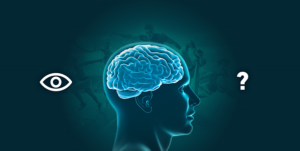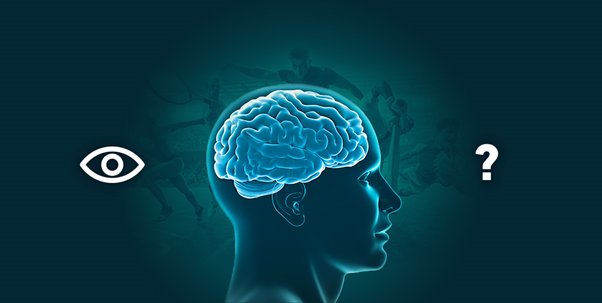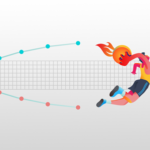The effect of hindsight bias towards sports betting
- Why attention needs to be given to hindsight bias by bettors
- Is it a blessing or a curse for cognitive biases?
- The hindsight’s illusion

Following neuro-economics’ research, it shows that in terms of decision-making, the brain processes the experience of moneymaking to be equivalent to those chemically induced high. At the same time, financial losses are deemed to be equivalent to mortal dangers. Therefore, is there anything that bettors could do in increasing their profitable survival chance, at the same time walking on a tightrope between disaster and euphoria?
The secret answer for profitable sports betting in the long term is to utilize a positive expected value betting strategy with consistent execution. It seems to be rather straightforward, but more often than not, we conduct extreme analysis leading to paralysis.
Is it a blessing or a curse for cognitive biases?
Daniel Kahneman and Amos Tversky in the year of 1972 showed the world a discovery that is Nobel-prize worthy concerning cognitive biases’ notion, various systemic patterns derived from a judgement’s rationality. One of the focuses of this research looks into decision-making and judgement, and is very much applicable to sports betting. There are various benefits of this research to learn how the brain works.
However, the heuristics, better known as mental shortcuts, are a lifesaver when objectivity is important – particularly in sports betting.
From social influence and mental noise to information processing fallacies and emotional motivation, sports betting decision-making processes are regularly impacted by cognitive biases. Although it is a simple task to be computed by the brain, it usually introduces systematic and severe errors.
Cognitive bias will become hindsight bias, which can be termed as creeping or knew-it-all-along determinism whenever the occurrence of an event. Thomas Gilovich, a psychology professor, was the first person to research on gambling situation’s hindsight bias.
In his work, he seeks to understand why sports bettors in America would maintain their strategies even though it is losing money. He further studies the interpretations of the bettor towards his own failures and successes that would affect their future betting behaviour.
For his first research, he realised that if the outcome of soccer matches were determined by pure luck, such as an error of judgment by the referee, the loser nor the winner will not change their bets.
Winners will disregard them as not relevant whereas losers will blame it on the error of judgement. Therefore, Thomas made a conclusion that bettors usually cautiously scrutinise failure but not on successes.
For his second research, he seeks to establish the relation between previous luck that would affect future betting behaviour, via recapping participants regarding a recent match that they have bet on that has the existence of luck. He realised that this would generally restore losing participants’ faith and winning participants’ faith remain unchanged.
For his final research, Thomas realised that the following bet size of winners or losers to an outcome that were affected by luck were usually higher than the previous bet that they have made.
Therefore, the habitual action of looking lightly at success and pretending losses to be a ‘near-win’ scenario would contribute towards a bettor’s overconfidence that may affect their future winnings and betting skills. More often than not, bettors are usually not inclined to admit that they may be wrong.
Why does attention need to be given to hindsight bias by bettors?
How can we curb hindsight bias? Following a MIT Blackjack Team member, Jeff Ma who amassed a fortune by winning against casinos globally during the 1990s, stated that it would be impossible. This is because as humans, we all have cognitive biases.
The good side to it is that following Georg Christoph Lichtenber, a famous German scientist, he stated that we would be able to avoid any harm if we manage to identify our weaknesses. Therefore, there might still be hope.
Following the above, in future when you find yourself justifying a ‘near win’ scenario, it would be because you have activated your hindsight bias. Fret not, take a step back before blaming on your luck, and post this question to yourself; which is better? To be profitable or to be right? By doing so, you will be able to improve your result.



